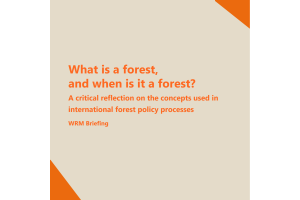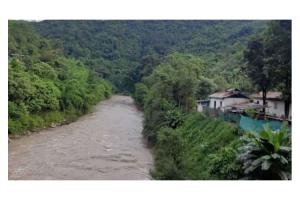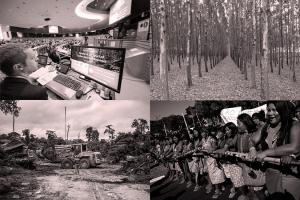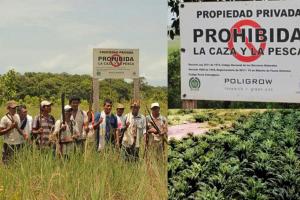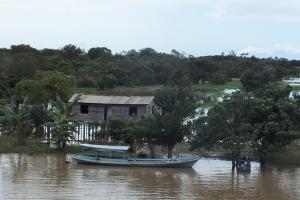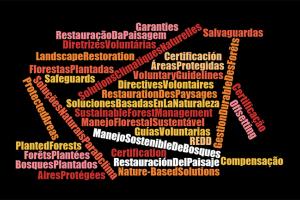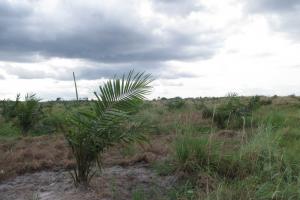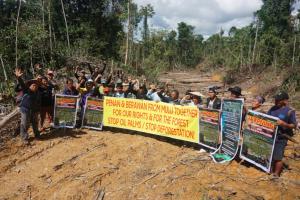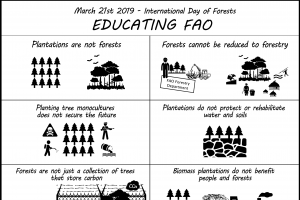FAO Forest Definition
The UN Food and Agriculture Organisation’s (FAO) definition of forests reduces forests to a bunch of trees. Consequently, it considers monoculture tree plantations to be forests, when in fact, these plantations cause deforestation. This definition also ignores human communities and other living species, and the complex web of interaction among them. Because it is widely used by governments, companies and international forest-related processes, many organizations have been calling on the FAO to change its misleading definition of ‘forests.’
Colombia: Palm-Producing Company Poligrow Plans to Grab more Land under the “Small Producers” Scheme
Violence, massacre and forced displacement in the context of the armed conflict in Colombia have served to advance the industrial cultivation of oil palm. Palm-producing company Poligrow has an undeniable role in land-grabbing and intimidation in the municipality of Mapiripán.
This year, the theme chosen by the UN is “Forests and Biodiversity: Too Precious to Lose”. But how can the UN highlight this when its main policies related to forests and biodiversity allow for large-scale deforestation and biodiversity destruction?
This editorial aims to raise a high alert with regard to the corporate agendas that dominate international forest-related processes, which appear to be entering new phases. The decisions taken have very real impacts on forest communities.
Language is never neutral. Certain concepts have historically been used to dominate people and territories. This article highlights concepts that are usually presented in a positive light but that actually serve economic interests that harm forests and communities.
The Singapore-based OLAM company has secured access to 500 thousand hectares of land in Gabon to set up large-scale oil palm plantations, a country with 85% of forest coverage. How can OLAM then claim to follow a “zero deforestation” commitment?
Millions of hectares of mostly forested areas in Malaysia have been targeted for developing monoculture plantations –including expanding timber plantations-, however, many of these have not been fully developed yet.
FAO , chose Forests and Education as the theme for 2019 and underlines the importance of investing in forest education. But what does FAO mean by “forest education”?
